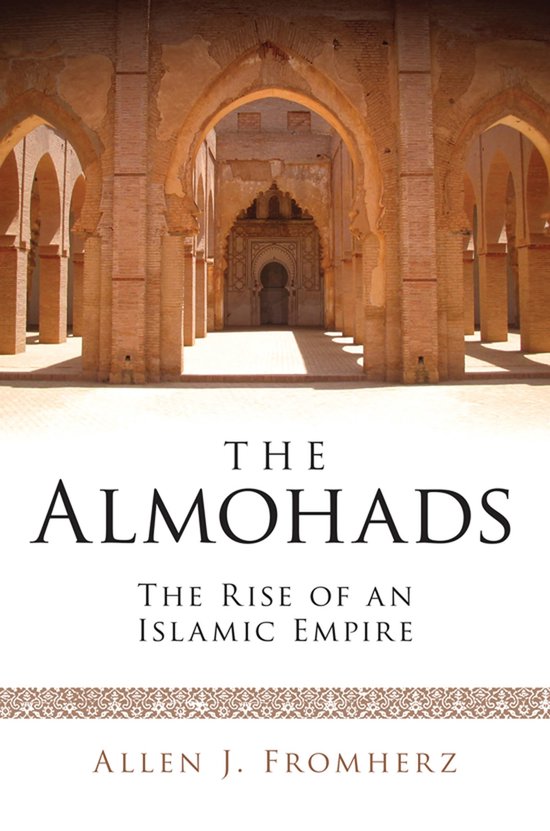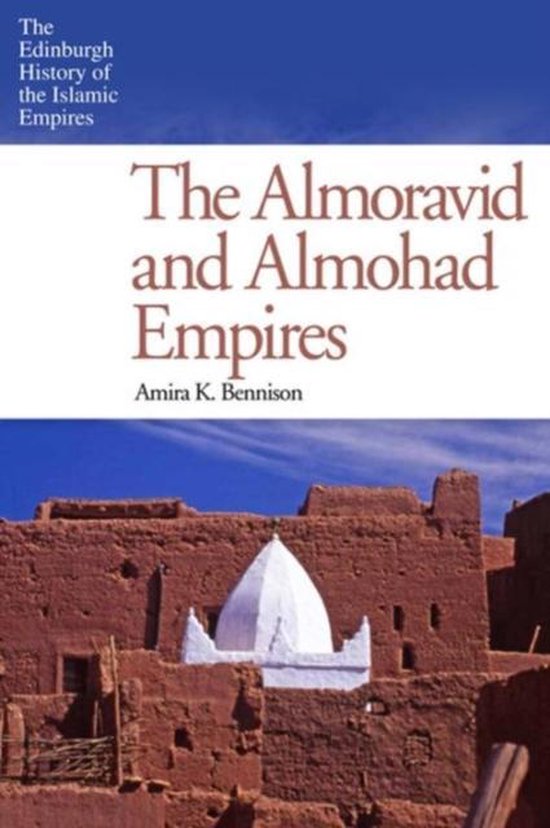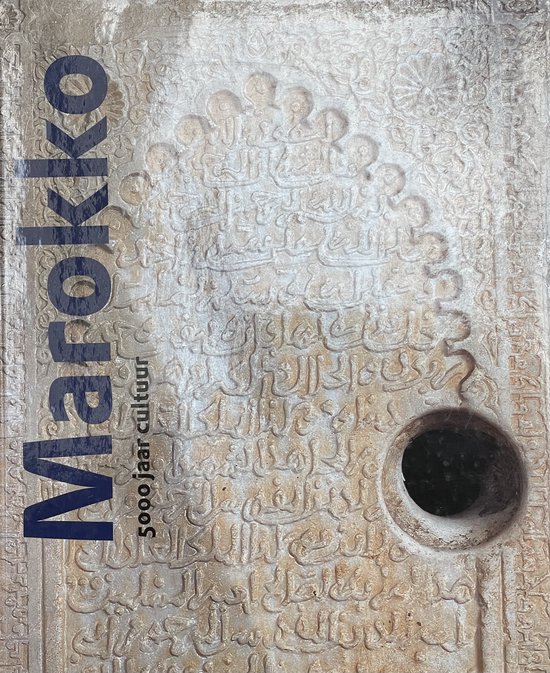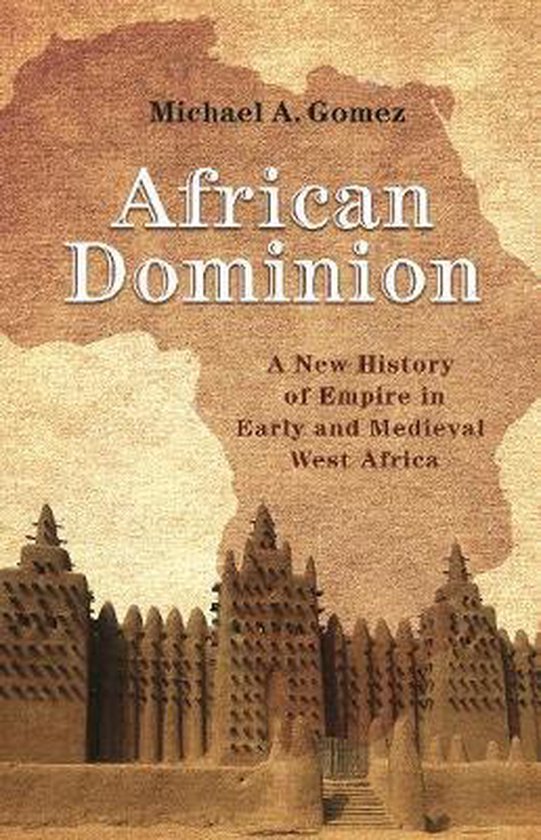
Almohads
Fromherz, drawing on medieval Arabic and Berber sources, analyses the myths and history surrounding the origins and rise of the Almohad Empire.
How did an obscure Islamic visionary found an empire? The Almohad Empire at its zenith in the 12th century was the major power in Mediterranean and North Africa, ruling a huge and disparate region from the Atlas Mountains to Tunisia, Morocco and Andalusia. Allen Fromherz, drawing on medieval Arabic and Berber sources, analyses the history and myths surrounding the rise of the Almohads. He shows how Muhammad Ibn Tumart, the son of an obscure Berber tribal chief, founded his mission to reform Islam - then at a low point in its history, battered by the crusades, having lost Jerusalem and been undermined by weak spiritual and political leadership. Ibn Tumart was proclaimed Mahdi by the Berber tribes, as one who heralded the golden age of Islam. He provided charismatic leadership, and a message of unswerving adherence to absolute monotheism and fundamental Islam, to be enforced by jihad - holy war. He died in 1130, before his dream could be accomplished but his successors quickly built on his foundation, conquering Marrakech - the door to the Sahara gold trade and the greatest city of commerce and trade in North Africa. Ibn Tumart and his legacy were to prove the launch-pad for empire, leading to Almohad domination of the Western Mediterranean from Tunisia to Morocco and Andalusia. It became the seat of a brilliant civilisation, the seed-bed of a 12th-century renaissance and flowering of scholarship which reached far into the Middle East and Europe. Fromherz shows how Tumart formed the sinews of empire - by charismatic leadership, a reformed and powerful Islam, unity based on the closely-knit traditions of the Berber tribes, military power and sound administration. This is the first account of the Almohads in English and will be essential for all who are interested in Islam, the Almohad Empire, North Africa and Middle East, and the lasting cultural effect on the region and on Europe.
How did an obscure Islamic visionary found an empire? The Almohad Empire at its zenith in the 12th century was the major power in Mediterranean and North Africa, ruling a huge and disparate region from the Atlas Mountains to Tunisia, Morocco and Andalusia. Allen Fromherz, drawing on medieval Arabic and Berber sources, analyses the history and myths surrounding the rise of the Almohads. He shows how Muhammad Ibn Tumart, the son of an obscure Berber tribal chief, founded his mission to reform Islam - then at a low point in its history, battered by the crusades, having lost Jerusalem and been undermined by weak spiritual and political leadership. Ibn Tumart was proclaimed Mahdi by the Berber tribes, as one who heralded the golden age of Islam. He provided charismatic leadership, and a message of unswerving adherence to absolute monotheism and fundamental Islam, to be enforced by jihad - holy war. He died in 1130, before his dream could be accomplished but his successors quickly built on his foundation, conquering Marrakech - the door to the Sahara gold trade and the greatest city of commerce and trade in North Africa. Ibn Tumart and his legacy were to prove the launch-pad for empire, leading to Almohad domination of the Western Mediterranean from Tunisia to Morocco and Andalusia. It became the seat of a brilliant civilisation, the seed-bed of a 12th-century renaissance and flowering of scholarship which reached far into the Middle East and Europe. Fromherz shows how Tumart formed the sinews of empire - by charismatic leadership, a reformed and powerful Islam, unity based on the closely-knit traditions of the Berber tribes, military power and sound administration. This is the first account of the Almohads in English and will be essential for all who are interested in Islam, the Almohad Empire, North Africa and Middle East, and the lasting cultural effect on the region and on Europe.
| Auteur | | Allen J. Fromherz |
| Taal | | Engels |
| Type | | Paperback |
| Categorie | | Religie, Spiritualiteit & Filosofie |





